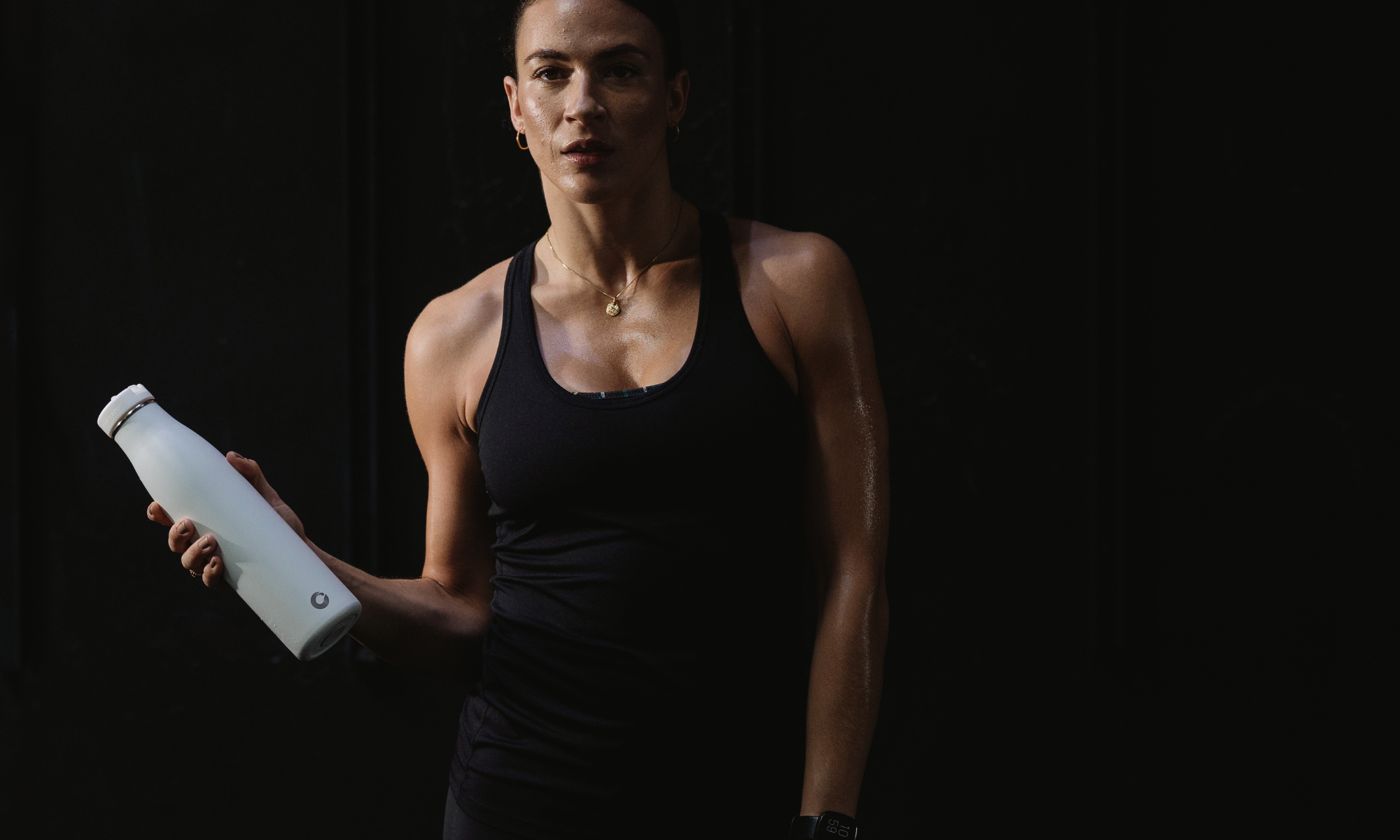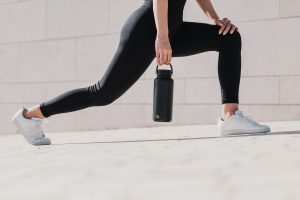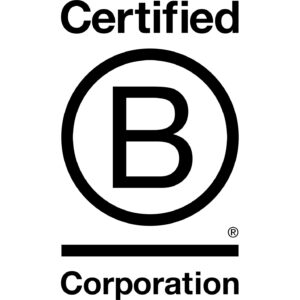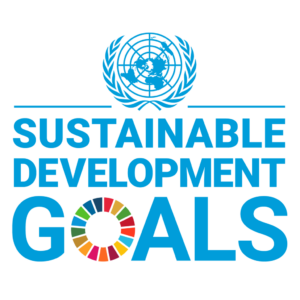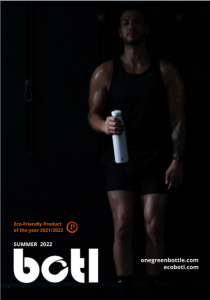How Much Water Do You Need To Drink A Day?
How much you sweat might actually make a difference
Guest Blog Written by Alex Polish from BarBend
If you’ve ever felt light-headed and glanced at your neglected water bottle, you might have realized pretty quickly that you never actually use it when you’re not in the gym. Or maybe you staunchly believe that your three cups of morning coffee count as hydration. (Spoiler: research says it does. Kind of. It’s complicated).
Whether you’re predisposed to always sipping that sweet H2O or your mouth is constantly a desert, you’ve probably heard the eight glasses per day recommendation that everyone and their mother seems to give. But figuring out how much water you really need to drink every day may be more complicated than that. This is especially true when you’re trying to figure out if hydration impacts your gains in the gym? (Another spoiler: it sure does.)
How Does Hydration Impact Your Workouts?
Hydration is crucial for maintaining and even improving your lifting prowess. You’re more likely to perform better on the platform when you have enough water in your system. Drinking enough water both before and during your workout can help your heart rate recover faster and improve overall exercise performance.
On the flip side, working out while dehydrated can negatively impact an athlete’s performance and even increase injury risk.
How Much Water Do You Actually Need Each Day?
While many people are familiar with the nebulous eight glasses of water per day recommendation, different organizations have different standards for what they recommend for your fluid intake. For example, the Institute of Medicine’s Water Intake Recommendations suggest between 11 and 16 cups of water each day.
Recommendations from the European Food Safety Authority vary from about eight and a half to 11 cups per day, while the US’s National Academy of Medicine recommends between nine and 13 cups a day.
Factors That Impact Water Recommendations
Daily water intake recommendations are complicated because they are influenced by so many factors. Knowing what goes into daily water intake recommendations can help you make informed decisions about your own drinking habit.
Your Personal Lifestyle and Body Needs
How much water you need is shaped by everything from what you eat to whether you have an active or generally sedentary lifestyle. Your kidneys, sweat glands, and perceptions of thirst all impact your water intake, especially when you’re engaging in continuous or intermittent physical work over long periods of time (between five and 18 hours).
How Much You Exercise
Exercising also impacts how much you sweat day-to-day. Even when they’re not currently exercising, people who work out regularly with high intensity tend to sweat more in everyday life. Additionally, people who are pregnant or lactating have unique hydration needs that are greater than their non-pregnant peers.
How Much Tea and Coffee You Drink
Where you’re getting your water makes a difference, too. How much juice, sugary drinks, coffee, or tea that people drink influences how much of their hydration comes from plain water. And yes, the idea that “coffee is mostly water” seems to be pretty true — research suggests that your morning energy-booster doesn’t necessarily dehydrate you, and helps contribute to your fluid intake.
So How Much Water Should You Drink?
Since there’s so much variability within standardized guidelines, how should you interact with water intake recommendations? If you’re in a situation where you’re likely to get dehydrated — say, you’re sweating a lot, in a very hot environment, or have a medical condition that requires you to pay particular attention to your hydration — research suggests that following recommended water guidelines is very helpful.
However, if you’re not at risk of becoming dehydrated, you’re likely alright if you simply drink when you feel thirsty. Paying close attention to your own body — for example, how much you’re sweating throughout a workout or during your day — can help you stay better hydrated than just drinking what you think you should be drinking.
Benefits Of Staying Hydrated
Help Prevent Diseases
By increasing water intake to at least 1.3 to two liters a day, research suggests people have the potential to lower their blood pressure, dilute waste materials in their blood, protect their kidney function, and increase their body temperature.
Improve Your Mental Health
If you’ve ever been grumpy and someone’s told you to HALT (check if you’re hungry, angry, lonely, or tired), they’re doing a great job at covering your bases. But you might want to add an extra T to that check-in — thirsty.
It turns out that not drinking enough water can negatively impact your mental health. You’re more likely to be anxious and tense when you’re even a little bit dehydrated (which might be why your friend is telling you to HALT).
Staying well-hydrated helps you feel more awake during the day and also boosts your mood, sense of calmness, and life satisfaction. On the other hand, being dehydrated has negative impacts on these same life factors. Staying hydrated with plain water is also associated with reduced symptoms of depression, and to a lesser extent, lessened anxiety.
Boost Cognitive Function
It’s not a coincidence that you probably feel more clear-headed after you hydrate. Drinking enough water has been shown to increase your attentiveness to your visual surroundings and short-term memory.
Enhance Workout Performance
Working out without adequate hydration can hinder your performance in the gym and increase your risk of injury. But working out while well-hydrated can improve your performance generally while also helping in specific ways, like bringing your heart rate back to normal more efficiently during and after bouts of exercise.
How to Tell if You’re Dehydrated
Lack of focus, lightheadedness, headaches, muscle cramps or weakness, rapid breathing, and fatigue are all signs that you could be dehydrated. Studies also suggest that darker yellow urine can also serve as a reliable indicator of dehydration (as opposed to relatively clearer urine).
How to Hydrate for Your Workout
You have to take into account how hydrated you’ve been throughout the day by the time you hit the gym. In the two to three hours immediately prior to your workout, try to drink between two and two and a half cups of water to prepare your body for the effort.
If you haven’t hydrated well in the hours prior or are working out in a hot environment, you’ll need to step up your hydration game during training. Try sipping water a little as needed while working out, based on your understanding of your sweat and thirst levels.
When you tend to sweat a lot during your workout, you’ll likely need to sip more water than your gym buddy who doesn’t seem to have any sweat glands. Studies suggest that you’re more likely to stay hydrated if you have ready access to water during your workout, so keep your bottle next to the squat rack.
Check out BarBend’s other tips on their site
And read the original extended article here: https://barbend.com/how-much-water-to-drink-a-day/
